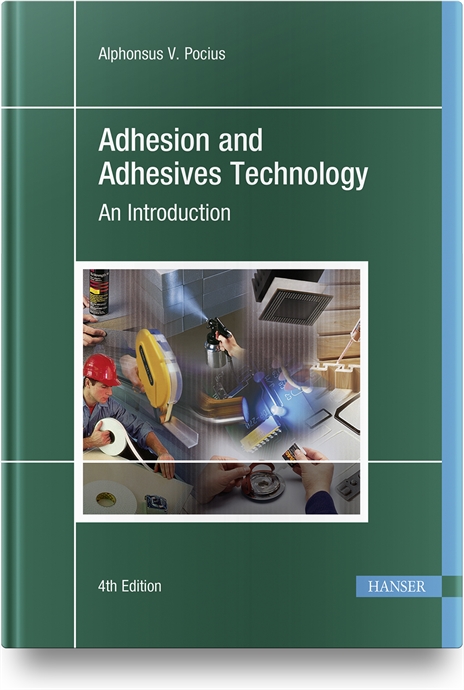Manufacturers in many industries like to build with composites because they are lightweight and have high strength-to-weight ratios that often exceed steel and aluminum. At the same time, though, these materials can be hard to properly bond to thermoplastic, metal and other composites.
Workers at Ferretti S.p.A.’s Ancona, Italy, shipyard regularly deal with the challenge of bonding composite parts while assembling large and mega luxury motor yachts. These parts are fabricated offsite and include fiberglass hull shells and load-bearing components in the engine room.
For many years, Ferretti assemblers used polymer-based adhesives to bond the parts. The company switched to SG230 HV, a two-part methacrylate adhesive, in 2017 after extensive testing and because it is certified for marine use by Lloyd’s Register Group Ltd., a London-based classification society.
SG230 is a thixotropic material that provides both high mechanical bond strength and fatigue resistance. The adhesive can be applied in void-free beads up to 80 millimeters thick without sagging, but is only recommended for use where the ambient temperature is above 85 F. It mixes with an activator that provides a working time of 30 to 130 minutes.
Most parts have a large bonding surface, making it necessary to use an automated meter-mix system that dispenses a large quantity of adhesive at a 10-to-1 ratio. A special drum extruder, specified by Scigrip and its Italian distributor Mastikol, eliminates the need to stop dispensing when changing out a 189-liter drum.
Another benefit of the adhesive is it fully adheres to smooth, gel-coated and moist surfaces. This reduces composite abrasion and dust that is often produced by sanding and grinding. Ferretti especially likes the latter capability because it helps worker health, improves throughput and product quality, and lessens costs related to cleaning and disposing of dust particles. A large amount of dust is generated by several surface-abrasion processes during yacht assembly, so the expense is not negligible.
Transportation-vehicle manufacturers also use the adhesive, which is effective on composite substrates like epoxy, polyester and vinyl ester. The adhesive can be used on various metal and thermoplastic substrates as well, and it fills irregular gaps up to 1.5 inches deep.
Once cured, the adhesive is low odor, gray in color and works well in harsh operating environments. It has a tensile strength of 3,000 to 3,500 psi and a lap shear strength of 2,200 to 2,500 psi. Other packaging options include 490-milliliter cartridges and 19-liter drums.
For more information on methacrylate adhesives, call 919-598-2400 or visit www.scigrip.com.








